Business
Petroleum price hike challenged in Lahore High Court – SUCH TV

The recent increase in the prices of petroleum products (POL) was challenged in the Lahore High Court (LHC) on Saturday.
In yet another miscellaneous petition, filed in the high court, the Judicial Activism Panel prayed to the court to declare the recent hike in prices null and void.
It is reminded here that applications filed against the hike in POL prices have been pending in the LHC for the last two years.
The federal government had on Tuesday increased the price of petrol by Rs4.07 per liter and that of high-speed diesel (HSD) by Rs4.04 per liter for the next fortnight.
According to the press release issued by the Finance Division, the petrol price has now gone up to Rs268.68 per liter from Rs264.61 per liter.
Meanwhile, the price of diesel has jumped to Rs276.81 per liter from Rs272.77 per liter.
It added that it decided on these new rates upon the recommendations from the Oil and Gas Regulatory Authority (Ogra) and the relevant ministries.
One day later on Wednesday, the Ministry of Finance issued a notification regarding an increase in the price of kerosene oil by Rs5.01 per liter, with effect from October 1, 2025, for the next fortnight.
As per the notification, the new price of kerosene oil is Rs184.97 per liter after an increase of Rs5.01 per liter.
Earlier, the price of kerosene oil was fixed at Rs178.96 per liter.
Business
Energy bills to fall in April in price cap change and charges shake-up
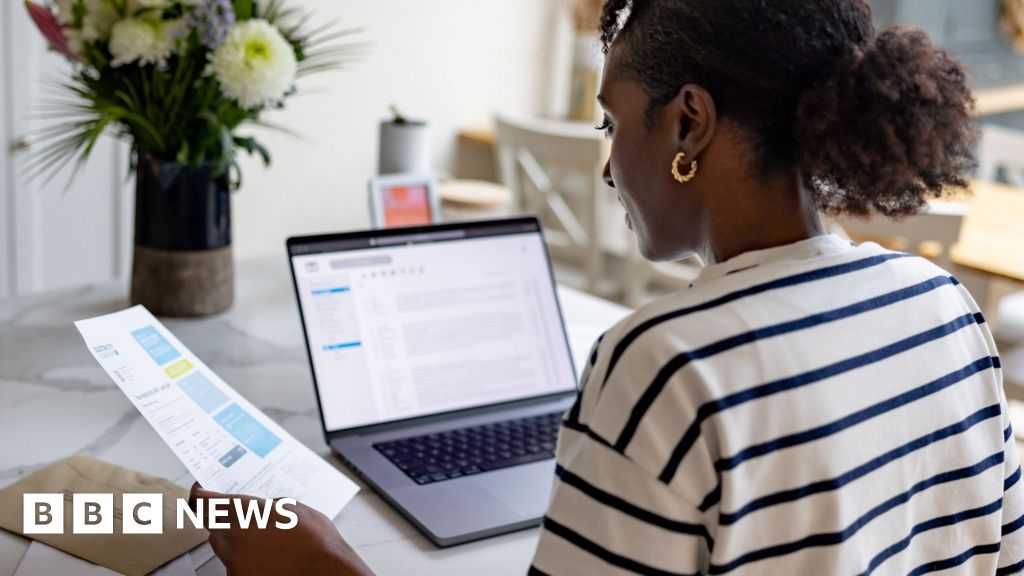
Changes announced in the Budget mean all energy bills will see some kind of reduction, but it will vary.
Source link
Business
Income Tax Draft Rules 2026: Key Changes On How And When Pan Card Will Be Required?
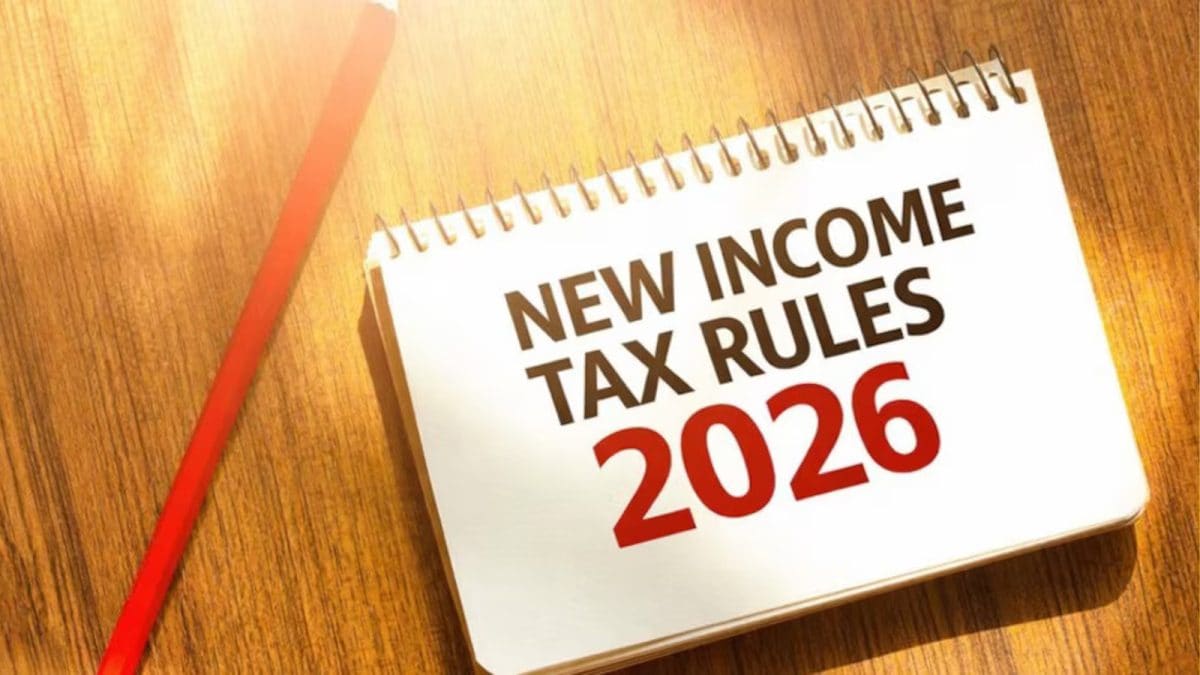
The Indian government has proposed the Income-tax Rules 2026, making PAN cards mandatory for select high-value transactions. Replacing the 1962 rules, these changes aim to simplify and bring transparency to the tax system. After considering suggestions, the rules are expected to be finalized and implemented by April 1, 2026.
Here’s a detailed look about how PAN cards are used in various financial transactions.
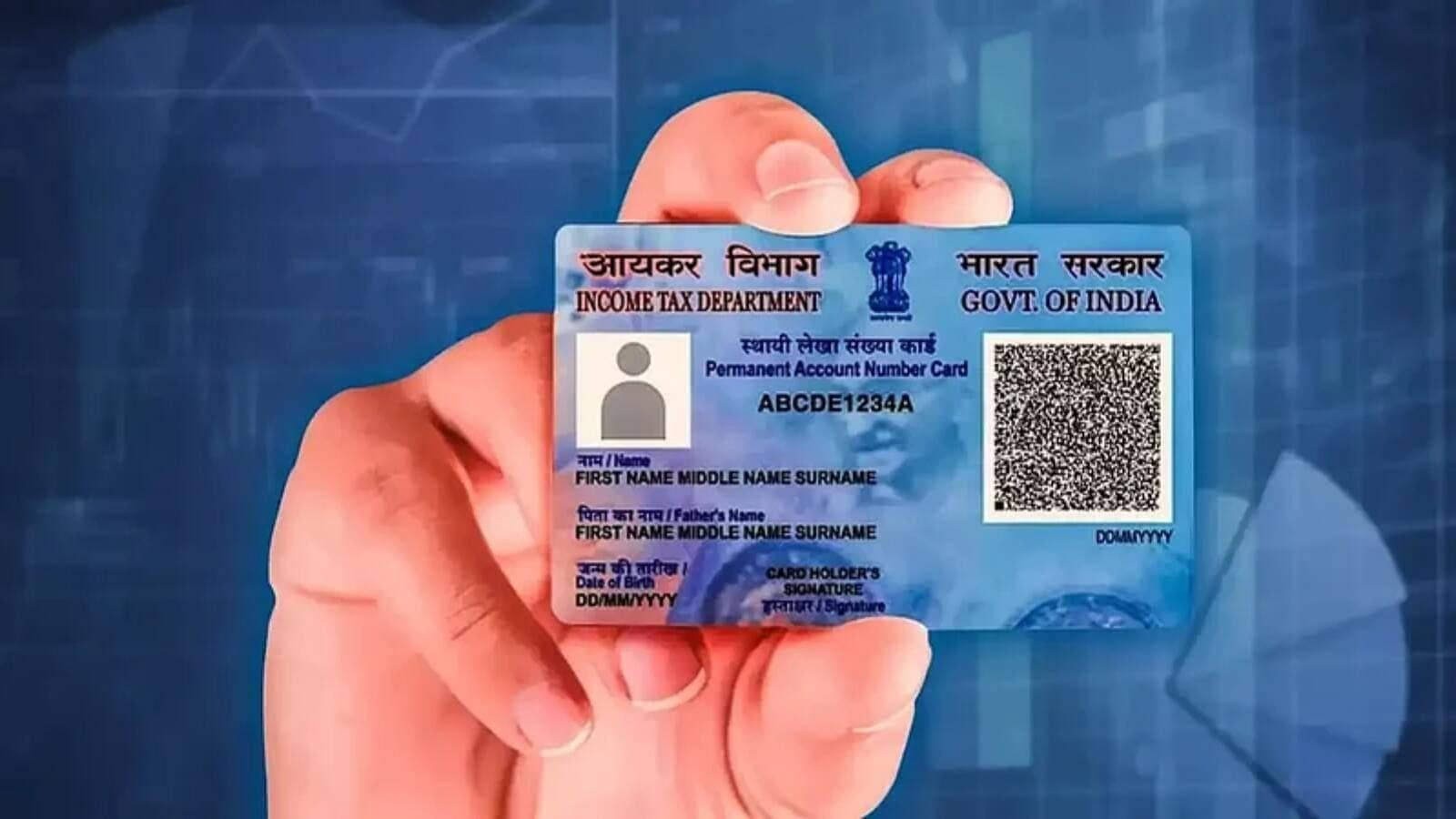
Immovable Property Transactions: PAN will be required for property transactions exceeding Rs 20 lakh, which is up from Rs 10 lakh. It will include purchase, sale, gift, or joint development agreements.
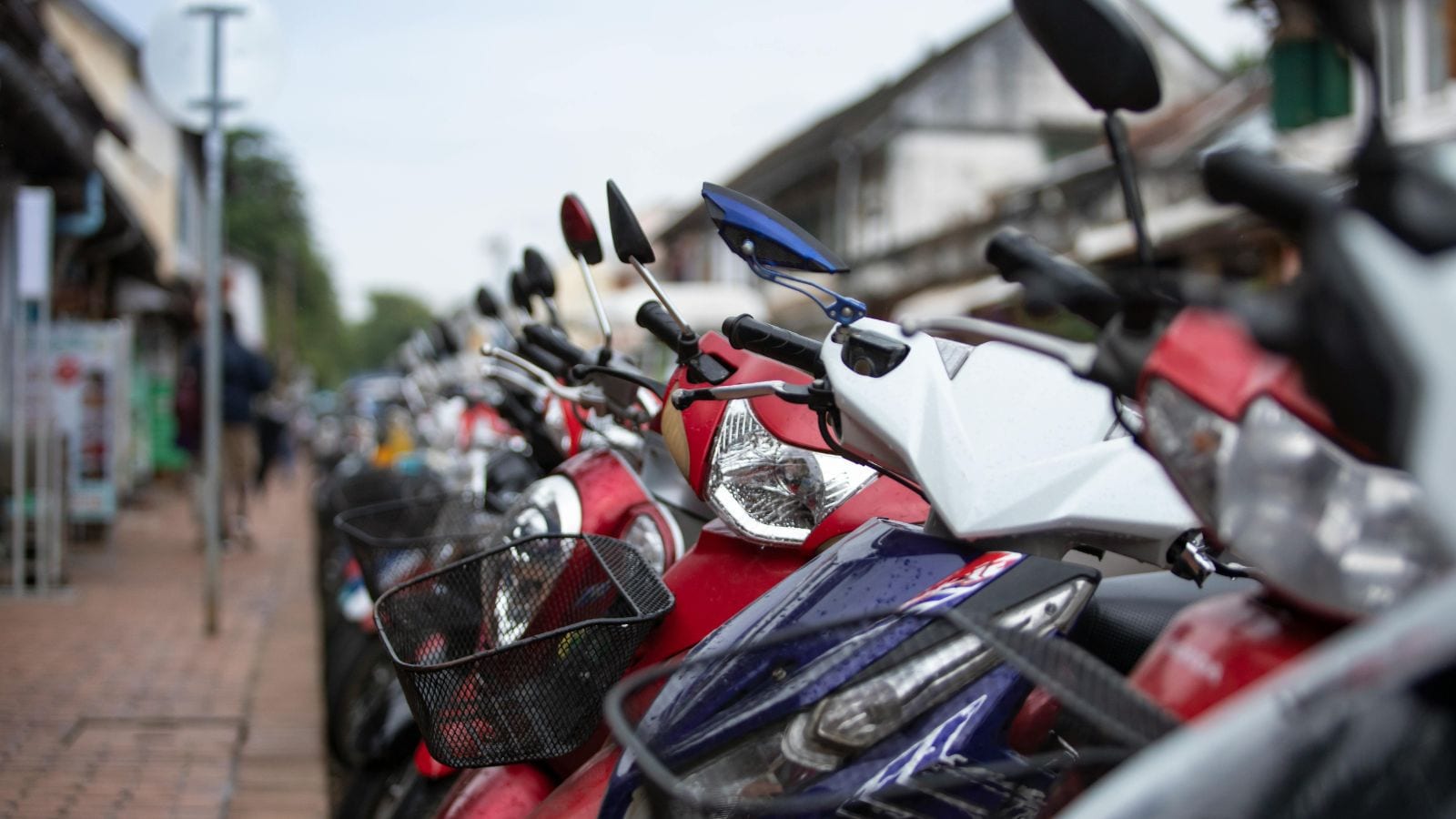
Motor Vehicles Purchase: PAN is now required for motor vehicle purchases exceeding Rs 5 lakh, including two-wheelers that have been exempted so far. Additionally, those who buy premium bikes or expensive cars will need to quote PAN. Meanwhile, tractors are still excluded.
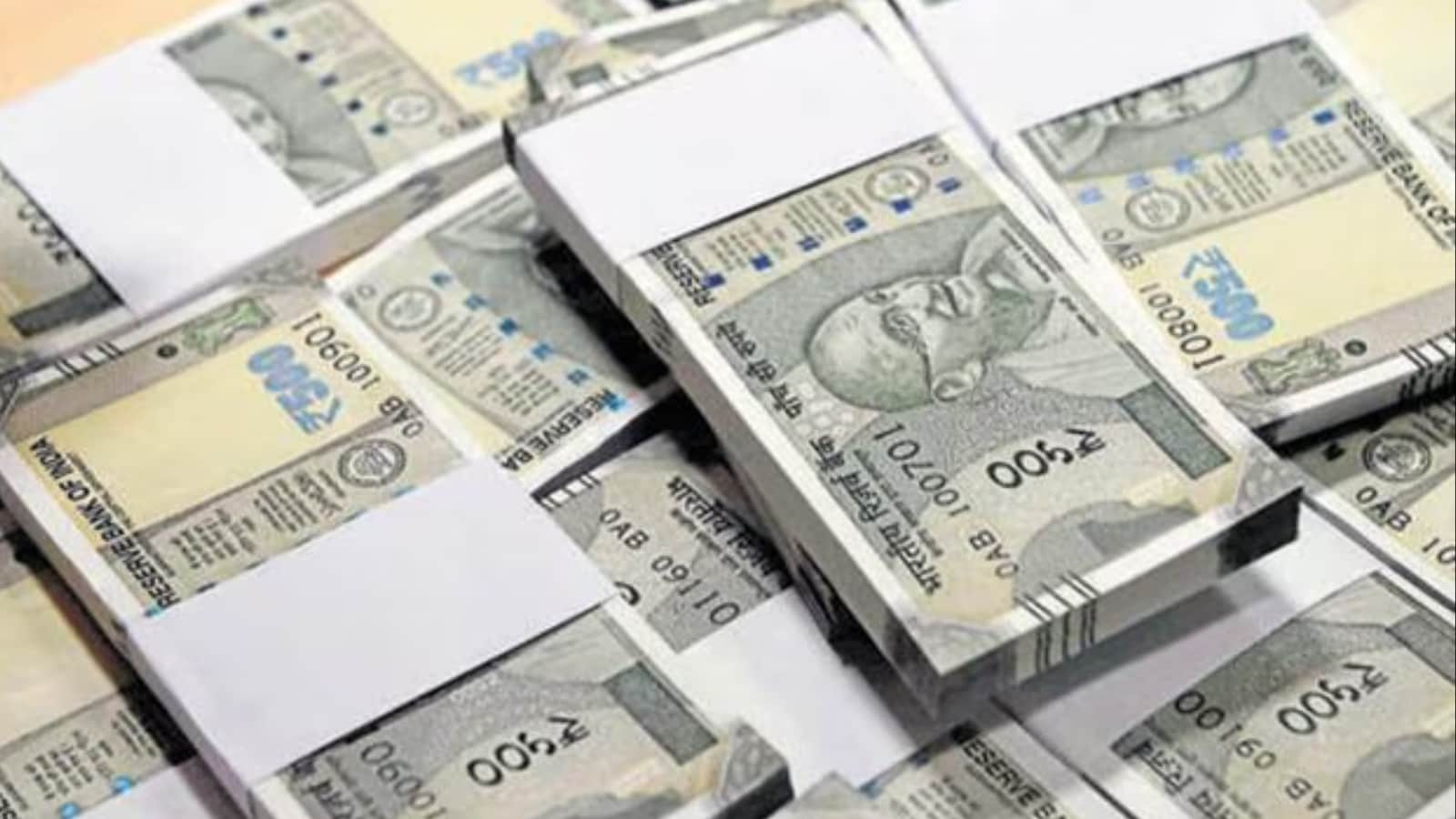
Cash Deposits And Withdrawals: PAN will be required for aggregate cash deposits or withdrawals exceeding Rs 10 lakh in a financial year. As per the existing rules, it is required for cash deposits of more than Rs 50,000 in a day at a bank or post office.
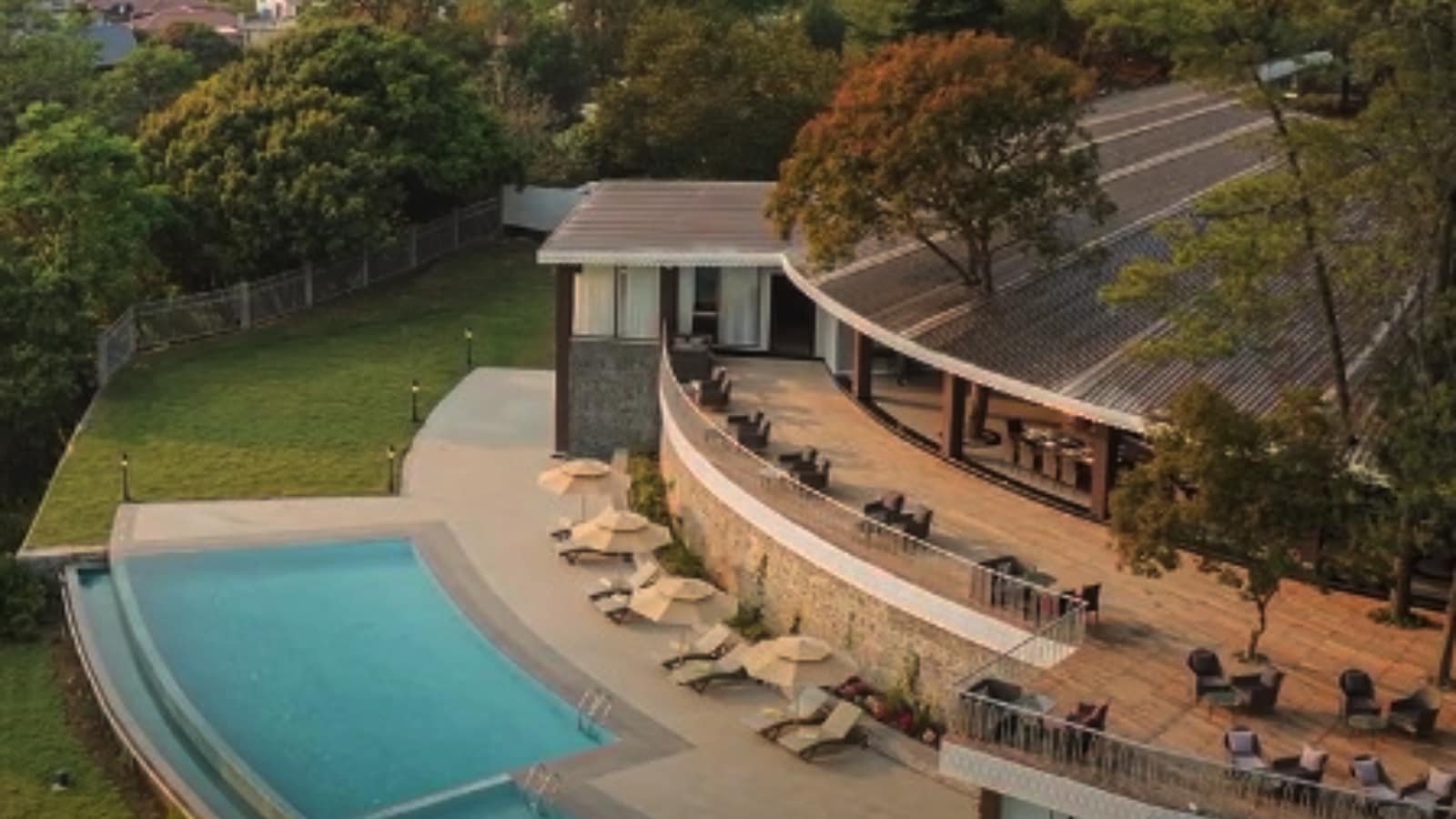
Hotel And Restaurant Payments: It will be required for cash payments exceeding Rs 1 lakh, which is up from Rs 50,000.
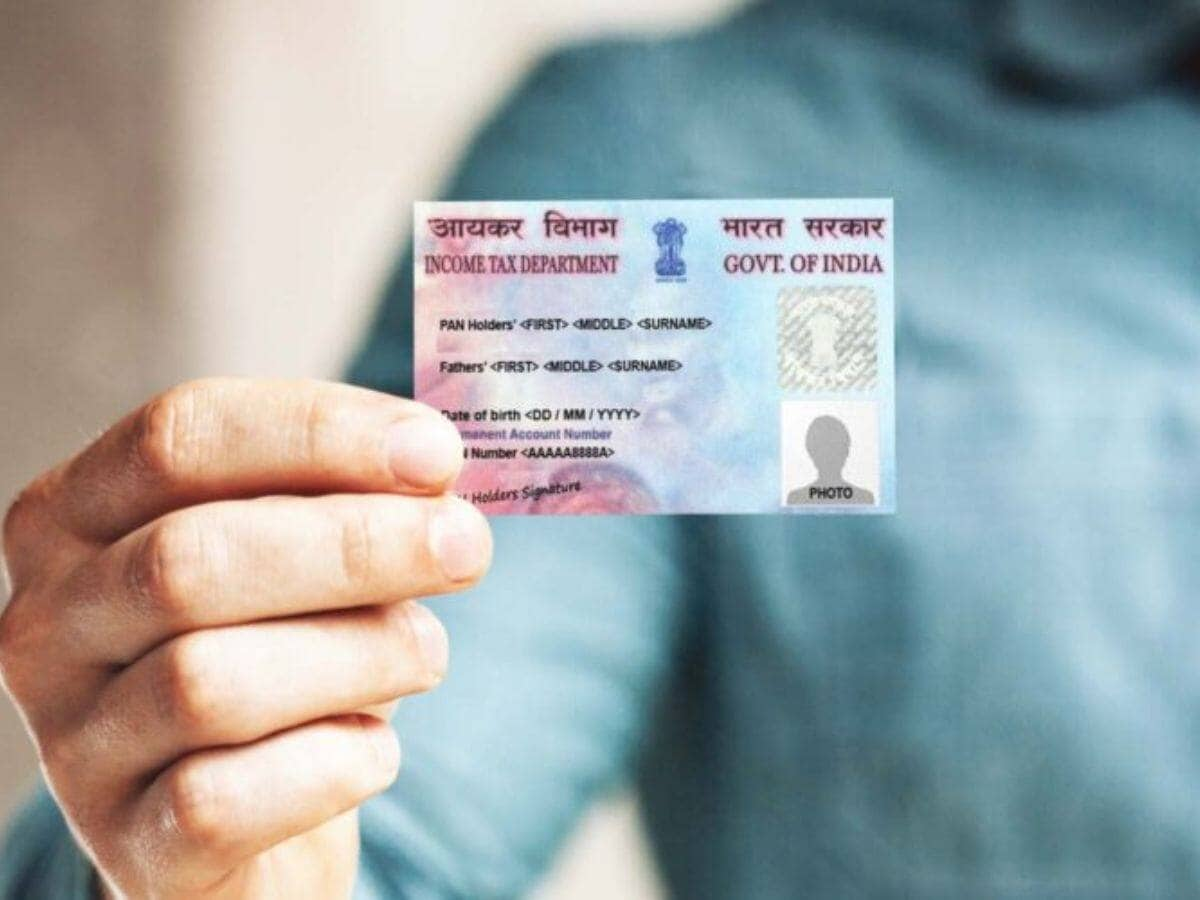
Insurances: PAN will be required to initiate account-based relationship with insurance companies, irrespective of the premium account.
Business
Himadri Speciality Starts Commercial Operations Of 70,000 TPA Carbon Black Line; Details Here
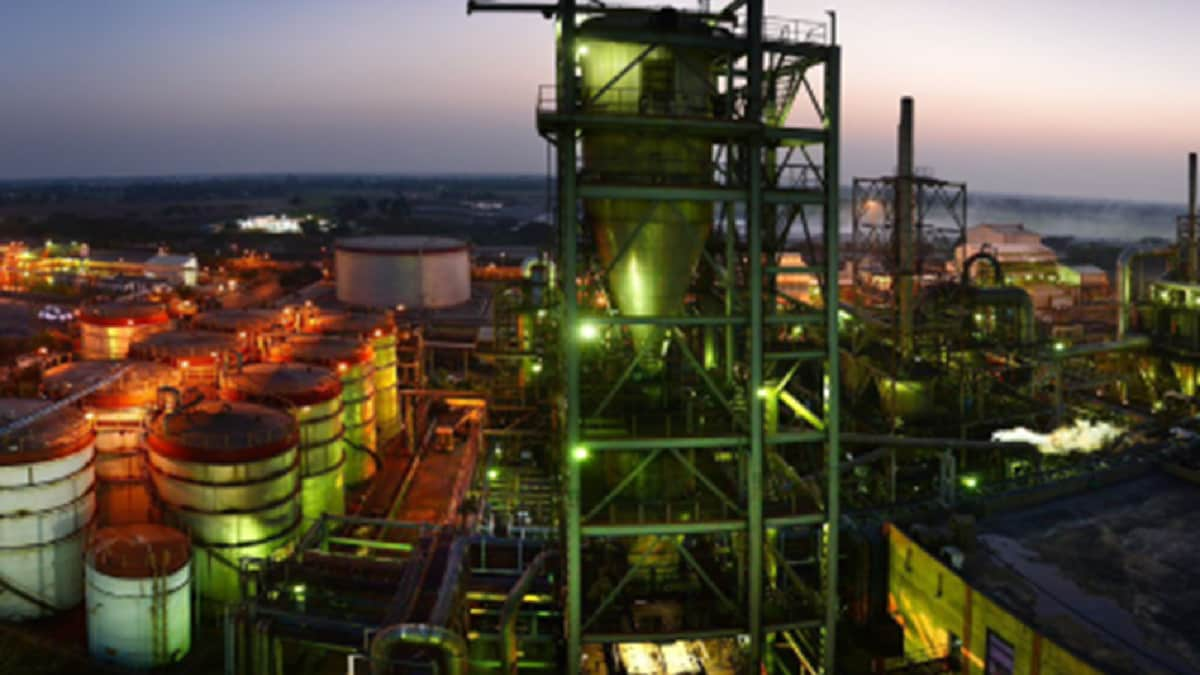
Last Updated:
With the brownfield expansion, the company’s total carbon black capacity has risen to 2,50,000 TPA.


Shares of Himadri Speciality Chemical were trading 0.70% higher at Rs 491.5 apiece on the NSE on Wednesday.
Himadri Speciality Chemical Ltd has commenced commercial operations of its newly commissioned 70,000 tonnes per annum (TPA) speciality carbon black line at its Mahistikry manufacturing facility in Hooghly, West Bengal, the company said on Tuesday (February 24).
With the brownfield expansion, the company’s total carbon black capacity has risen to 2,50,000 TPA. Of this, 1,30,000 TPA comprises speciality carbon black capacity at the Mahistikry site, making it the world’s largest single-location speciality carbon black manufacturing facility.
The expansion bolsters Himadri’s speciality portfolio and strengthens its ability to cater to high-value, performance-driven applications across plastics, inks, paints, coatings and other niche segments.
According to the company, the project integrates advanced process technologies, modern quality control systems, energy-efficient operations and scalable infrastructure to ensure consistent production of premium grades for global customers.
Anurag Choudhary, CMD and CEO, Himadri Speciality Chemical Ltd, said, “The commencement of commercial operations of our 70,000 MTPA (metric tonnes per annum) speciality carbon black line at Mahistikry marks the beginning of the next phase of growth in our advanced carbon materials journey. With this expansion, Mahistikry becomes the world’s largest single-location Speciality Carbon Black facility, with a capacity of 1,30,000 MTPA. This positions us strongly to capture rising global demand in premium, application-specific segments such as plastics, inks, paints, coatings, and other specialised industries.”
He added, “The newly-commissioned capacity is expected to contribute meaningfully to revenue growth and strengthen the Company’s margin profile over the medium term. As global demand continues to shift toward high-performance, customised carbon solutions, Himadri’s enhanced scale provides competitive advantages through operational efficiencies, supply reliability, faster market responsiveness, and improved product innovation capabilities.”
Shares of Himadri Speciality Chemical were trading 0.70% higher at Rs 491.5 apiece on the NSE on Wednesday.
Check JEE Mains Result 2026 Link Here
February 25, 2026, 11:25 IST
Read More
-

 Entertainment1 week ago
Entertainment1 week agoQueen Camilla reveals her sister’s connection to Princess Diana
-

 Tech1 week ago
Tech1 week agoRakuten Mobile proposal selected for Jaxa space strategy | Computer Weekly
-

 Politics1 week ago
Politics1 week agoRamadan moon sighted in Saudi Arabia, other Gulf countries
-

 Entertainment1 week ago
Entertainment1 week agoRobert Duvall, known for his roles in "The Godfather" and "Apocalypse Now," dies at 95
-

 Business1 week ago
Business1 week agoTax Saving FD: This Simple Investment Can Help You Earn And Save More
-

 Politics1 week ago
Politics1 week agoTarique Rahman Takes Oath as Bangladesh’s Prime Minister Following Decisive BNP Triumph
-

 Tech1 week ago
Tech1 week agoBusinesses may be caught by government proposals to restrict VPN use | Computer Weekly
-
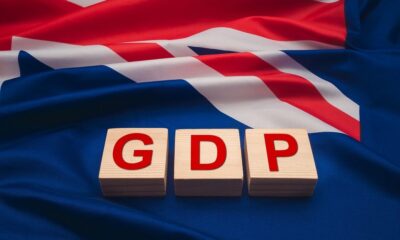
 Fashion1 week ago
Fashion1 week agoAustralia’s GDP projected to grow 2.1% in 2026: IMF











